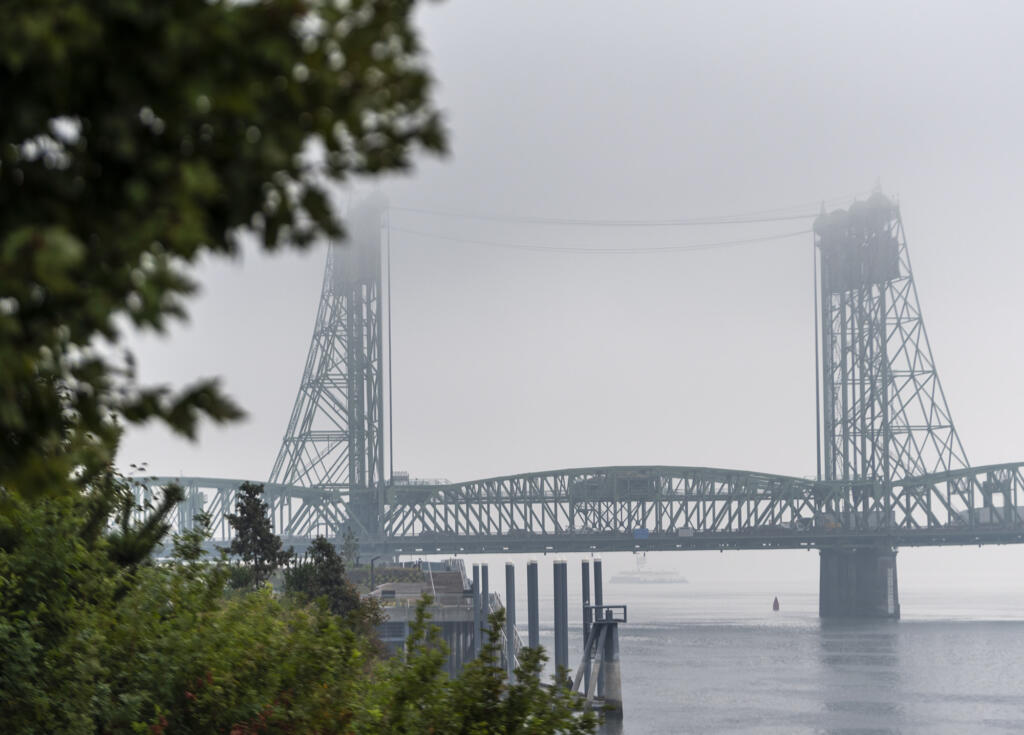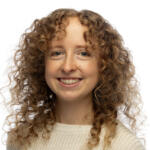Addressing Vancouver’s air pollution begins with collecting data about how much there is.
“More data provides more accuracy,” said Uri Papish, Southwest Washington Clean Air Agency executive director. “When you look at where these monitoring centers are — or aren’t — you can see the gaps.”
The Washington Department of Ecology has rated Vancouver among 16 communities in the state most impacted by air pollution, including carbon monoxide, lead, nitrogen dioxide, ozone, particle pollution and sulfur dioxide. Residents in these communities die an average 2.4 years earlier than other Washingtonians and are twice as likely to have poor health, such as lung and heart disease.
Washington pledged that it would install 50 new air-quality monitors and sensors across the 16 communities. Additional data will help regulatory bodies create stricter air-quality standards, effectively reducing air pollution, Papish said. But the number going to each place is unclear.
Ecology and the Southwest Washington Clean Air Agency said the number of monitors coming to Vancouver depends on varying factors: community size, pollution of concern, patterns in existing data, as well as feedback from residents.




